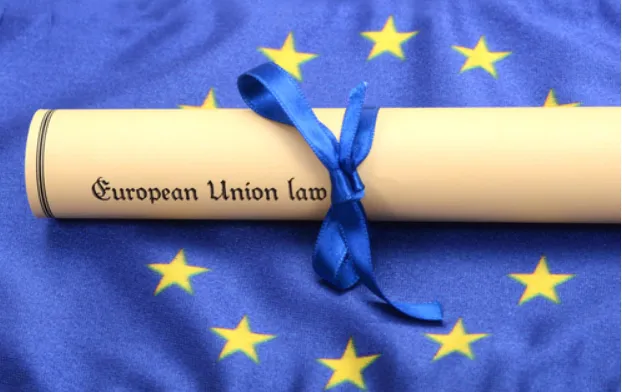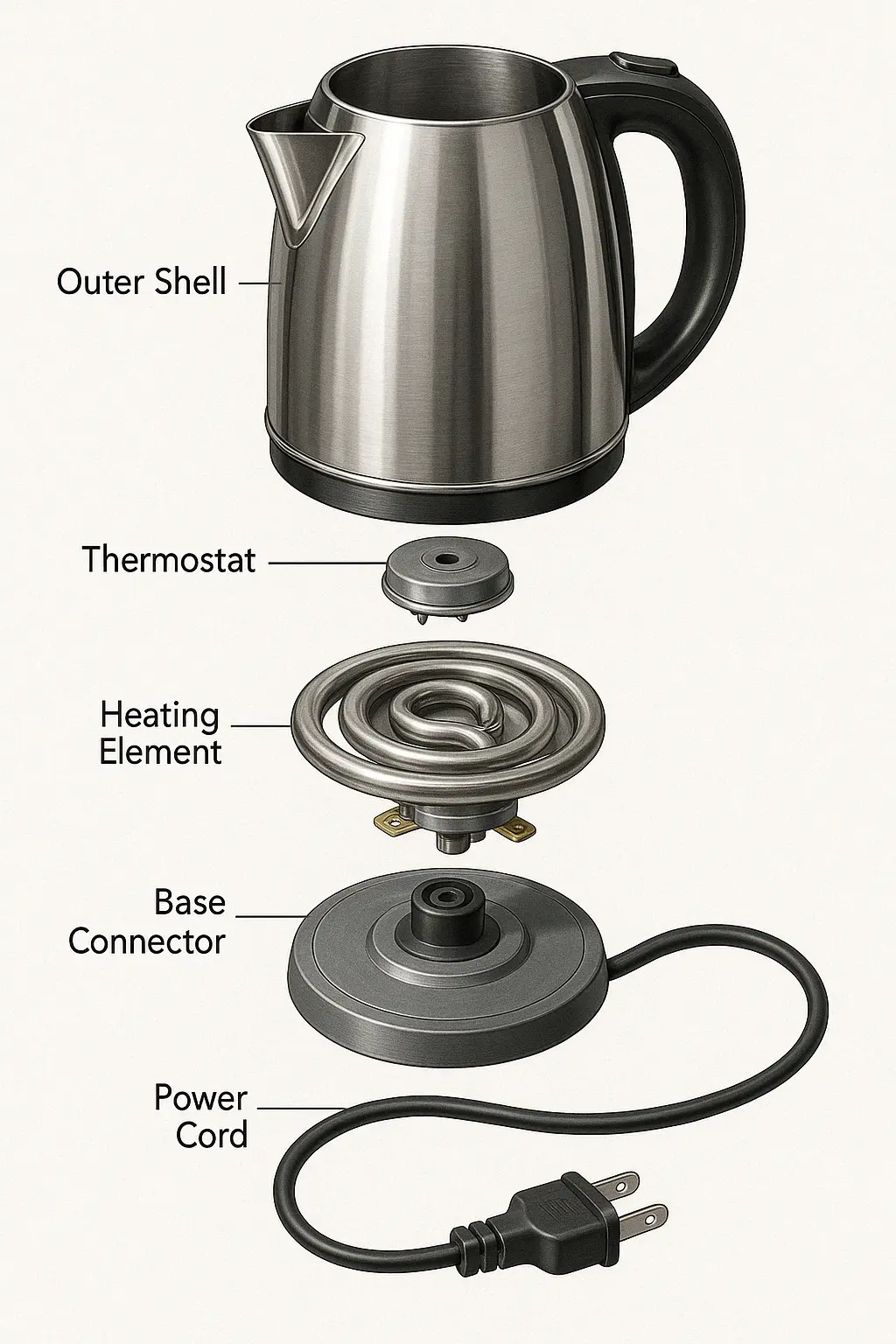
How long does it take to get CE certification?
CE certification is a conformity marking for products in the European Union (EU) that indicates compliance with the essential requirements of relevant EU directives, including safety, health, environmental, and consumer protection regulations. It serves as a "passport" for products to enter the European market, and only products with the CE mark can freely circulate in the EU market. It applies to a wide range of products, including machinery, electrical equipment, medical devices, toys, and more.

How long does it take to get CE certification?
The time required for CE certification mainly depends on the product. For common products, it typically takes around 10 days. If you use a large organization like TUV, it may take over 20 days. For medical devices, the process can take about 2 months.
ROHS certification and CE Certification
ROHS certification and CE certification are two common European compliance standards.
CE Certification:
CE certification signifies that products sold within the European Economic Area (EEA) comply with the relevant legal requirements. The CE mark indicates that the product meets essential requirements of European regulations, including safety, health, environmental protection, and consumer rights. CE certification applies to a wide range of products, including electronic products, machinery, toys, and construction materials. It requires manufacturers to make a self-declaration of conformity and comply with relevant European regulations and standards.
ROHS Certification:
ROHS certification restricts the use of certain hazardous substances in electronic products to protect the environment and human health. It applies to the European market and limits the content of substances such as lead, mercury, cadmium, hexavalent chromium, polybrominated biphenyls (PBB), and polybrominated diphenyl ethers (PBDE) in electronic products.
CE Certification Process
1. Identify applicable directives and standards: Determine the EU directives and harmonized standards the product needs to comply with.
2. Risk assessment: Conduct a risk analysis and assessment to ensure the product meets essential health and safety requirements.
3. Prepare technical documentation: The technical documentation should include product design, manufacturing, and operational information to demonstrate compliance.
4. Choose a conformity assessment module: Select the appropriate conformity assessment module (e.g., self-declaration, third-party certification) based on the product category and directive requirements.
5. Testing and evaluation: Test the product according to harmonized standards to ensure compliance.
6. Issue a Declaration of Conformity: The manufacturer prepares and signs the Declaration of Conformity, stating that the product complies with the relevant directives.
Scope of CE Certification
- Electronic and electrical equipment
- Machinery
- Construction products
- Medical devices
- Toys
- Pressure equipment
- Personal protective equipment
CE Certification vs. ROHS Certification
1. Purpose: ROHS certification aims to restrict the use of hazardous substances to protect the environment and human health, while CE certification aims to ensure products comply with European regulations' essential requirements, protecting consumer rights and safety.
2. Scope: ROHS certification applies to electronic products, whereas CE certification covers a wide range of products.
3. Requirements: ROHS certification requires electronic products to limit hazardous substance content, while CE certification requires manufacturers to self-declare conformity and meet European regulations and standards.
Email:hello@jjrlab.com
Write your message here and send it to us
 What is the 4.3 Toxicology Test in ASTM F963?
What is the 4.3 Toxicology Test in ASTM F963?
 What is the Canada Tent SOR/2024-217 Test Report?
What is the Canada Tent SOR/2024-217 Test Report?
 How to get the Amazon AS/NZS 1900 Test Report?
How to get the Amazon AS/NZS 1900 Test Report?
 Children's Jewelry CPC Certification and ASTM F292
Children's Jewelry CPC Certification and ASTM F292
 Amazon Ladder Compliance Certification Guide
Amazon Ladder Compliance Certification Guide
 Amazon and Temu Require FCM Test Reports
Amazon and Temu Require FCM Test Reports
 Electric Kettle Amazon Canada Compliance Certifica
Electric Kettle Amazon Canada Compliance Certifica
 Do You Understand Amazon Compliance Certification?
Do You Understand Amazon Compliance Certification?
Leave us a message
24-hour online customer service at any time to respond, so that you worry!




